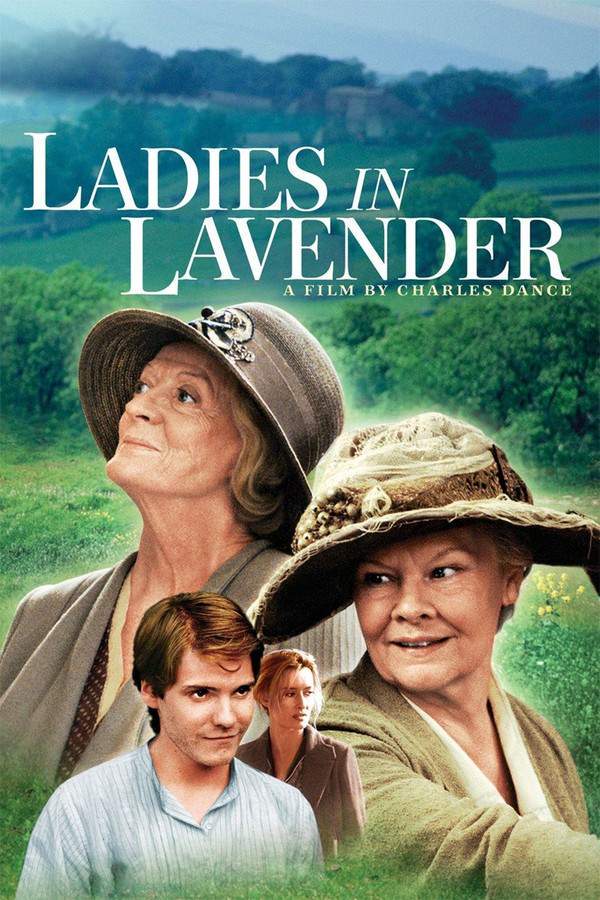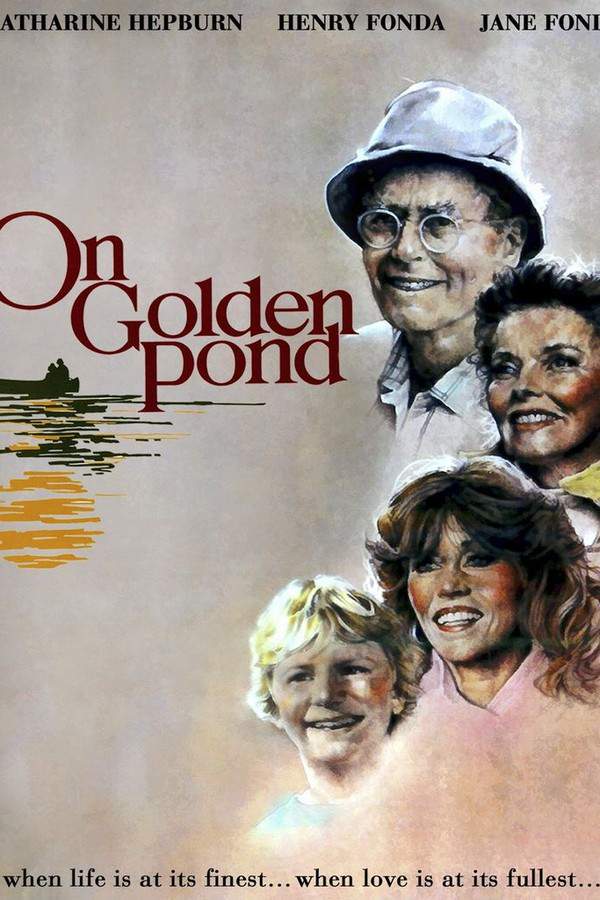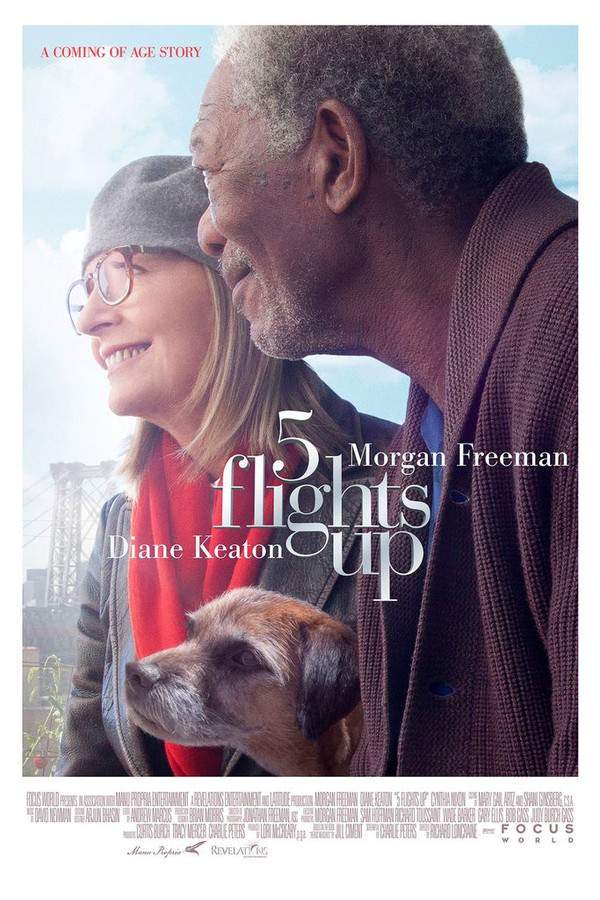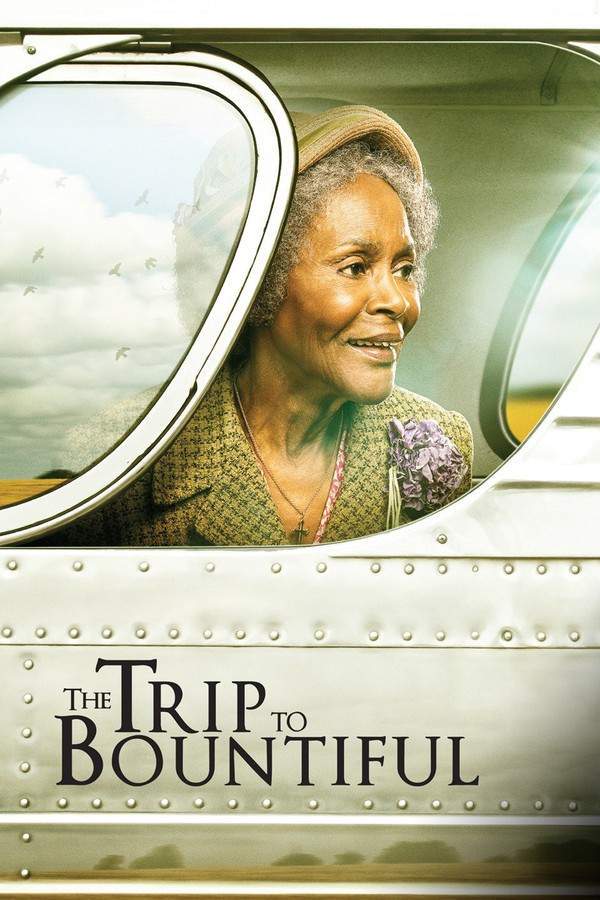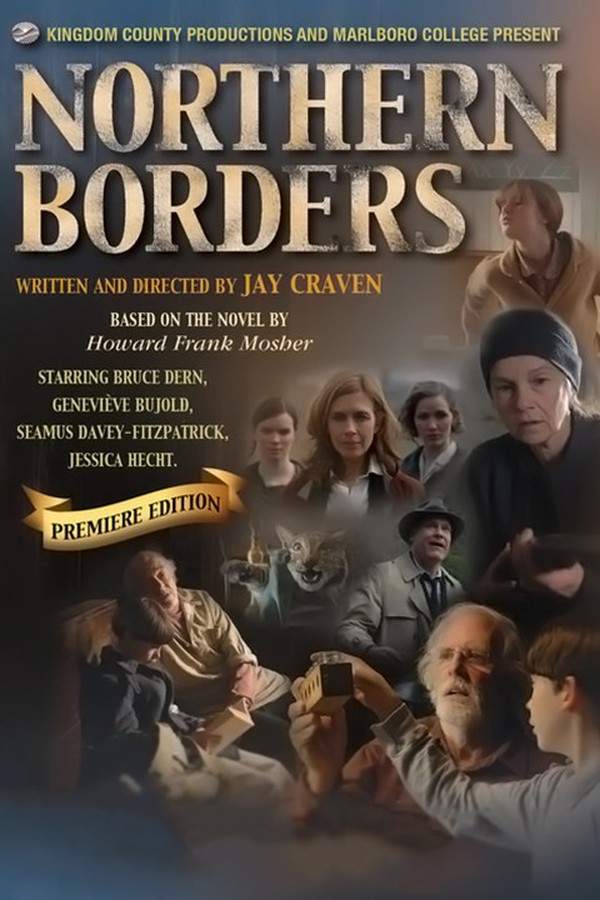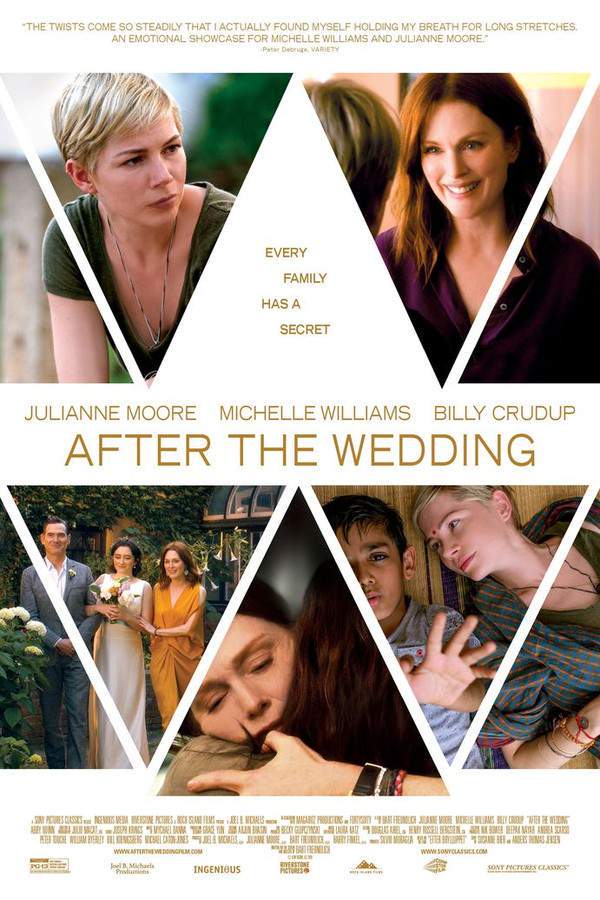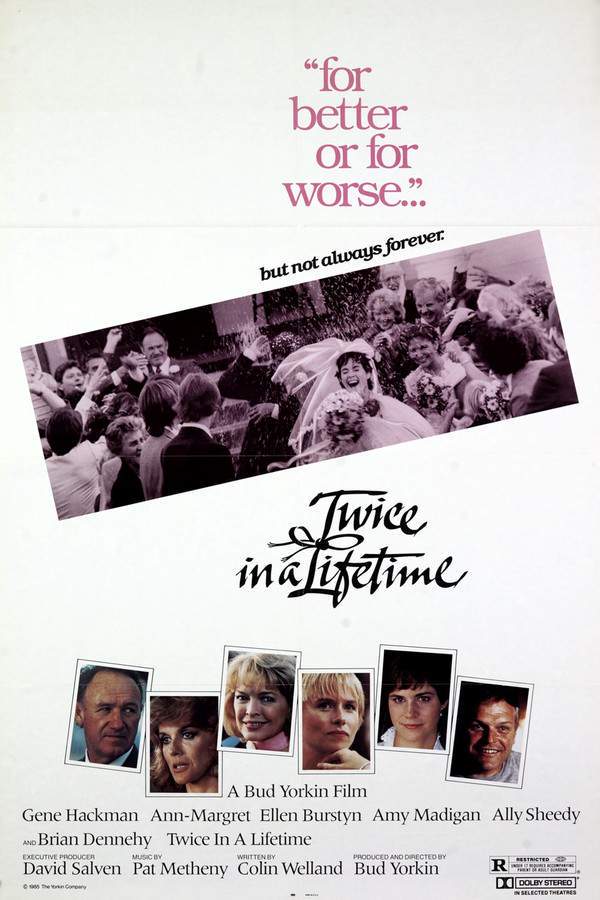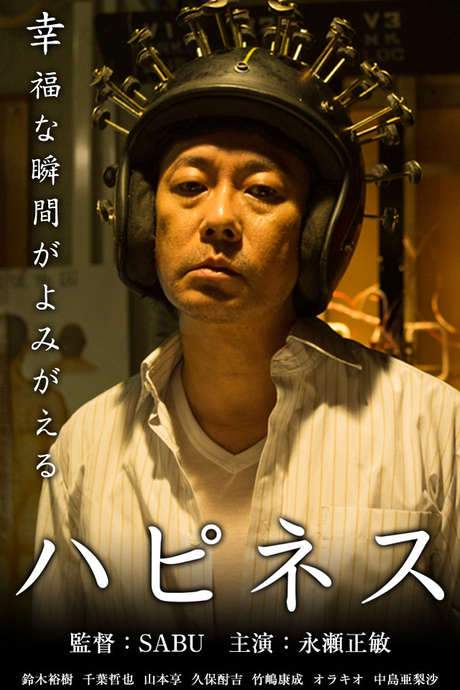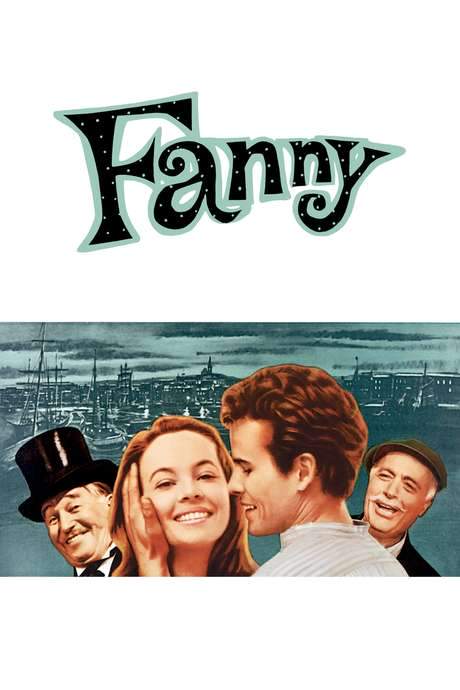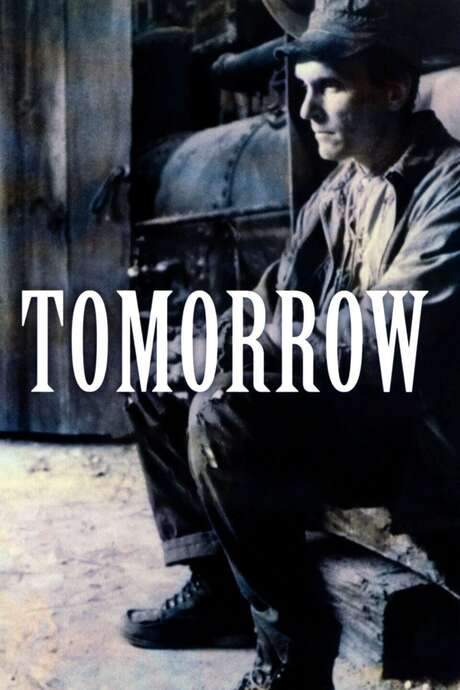
There’s Always Tomorrow
Year: 1934
Runtime: 86 mins
Language: English
Director: Edward Sloman
As big as the heart of humanity Ignored by his ever-busy wife and children, a middle-aged businessman finds companionship with a former female employee.
Warning: spoilers below!
Haven’t seen There’s Always Tomorrow yet? This summary contains major spoilers. Bookmark the page, watch the movie, and come back for the full breakdown. If you're ready, scroll on and relive the story!
Timeline & Setting – There’s Always Tomorrow (1934)
Explore the full timeline and setting of There’s Always Tomorrow (1934). Follow every major event in chronological order and see how the environment shapes the story, characters, and dramatic tension.
Last Updated: October 04, 2025 at 14:34
Main Characters – There’s Always Tomorrow (1934)
Meet the key characters of There’s Always Tomorrow (1934), with detailed profiles, motivations, and roles in the plot. Understand their emotional journeys and what they reveal about the film’s deeper themes.
Last Updated: October 04, 2025 at 14:34
Major Themes – There’s Always Tomorrow (1934)
Explore the central themes of There’s Always Tomorrow (1934), from psychological, social, and emotional dimensions to philosophical messages. Understand what the film is really saying beneath the surface.
Last Updated: October 04, 2025 at 14:34
Explore Movie Threads
Discover curated groups of movies connected by mood, themes, and story style. Browse collections built around emotion, atmosphere, and narrative focus to easily find films that match what you feel like watching right now.
Movies about quiet domestic melancholy like There’s Always Tomorrow
Stories that find profound sadness and yearning within the everyday rhythms of home.If you appreciated the gentle exploration of loneliness and yearning in There’s Always Tomorrow, this collection features similar stories. Discover movies that delve into the unspoken sadness within families and the quiet sacrifices made for domestic harmony, all with a tender, reflective mood.
Narrative Summary
The narrative pattern often follows a central character, typically a parent or spouse, who feels unseen and emotionally adrift within their own family. The conflict is internal and interpersonal, unfolding through conversations and small gestures rather than major events, leading to a resolution that often reaffirms family bonds at a personal cost.
Why These Movies?
Movies in this thread are grouped by their shared focus on the melancholy of everyday life, a slow and reflective pacing, and a tone that balances tender observation with sorrow. They all prioritize emotional realism over dramatic plot, creating a cohesive, introspective viewing experience.
Movies about bittersweet family sacrifice like There’s Always Tomorrow
Emotional journeys where personal happiness is gently set aside for the sake of others.For viewers moved by the theme of sacrifice in There’s Always Tomorrow, this list highlights films with similar poignant choices. Find movies where characters confront the tension between their own desires and their obligations to family, leading to emotionally resonant, bittersweet conclusions.
Narrative Summary
These stories typically involve a protagonist at a crossroads, tempted by a path offering personal joy or escape from stagnation. The central drama is the internal struggle between desire and duty. The narrative arc resolves not with the fulfillment of the personal dream, but with its quiet relinquishment, emphasizing the value of commitment while acknowledging the profound cost.
Why These Movies?
These films are united by their exploration of the sacrifice archetype, a consistently bittersweet emotional core, and a medium emotional weight that allows for poignancy without overwhelming despair. They share a straightforward, character-focused narrative structure that makes the emotional dilemma the central focus.
Unlock the Full Story of There’s Always Tomorrow
Don't stop at just watching — explore There’s Always Tomorrow in full detail. From the complete plot summary and scene-by-scene timeline to character breakdowns, thematic analysis, and a deep dive into the ending — every page helps you truly understand what There’s Always Tomorrow is all about. Plus, discover what's next after the movie.
There’s Always Tomorrow Summary
Read a complete plot summary of There’s Always Tomorrow, including all key story points, character arcs, and turning points. This in-depth recap is ideal for understanding the narrative structure or reviewing what happened in the movie.

There’s Always Tomorrow Timeline
Track the full timeline of There’s Always Tomorrow with every major event arranged chronologically. Perfect for decoding non-linear storytelling, flashbacks, or parallel narratives with a clear scene-by-scene breakdown.

There’s Always Tomorrow Spoiler-Free Summary
Get a quick, spoiler-free overview of There’s Always Tomorrow that covers the main plot points and key details without revealing any major twists or spoilers. Perfect for those who want to know what to expect before diving in.

More About There’s Always Tomorrow
Visit What's After the Movie to explore more about There’s Always Tomorrow: box office results, cast and crew info, production details, post-credit scenes, and external links — all in one place for movie fans and researchers.

Similar Movies to There’s Always Tomorrow
Discover movies like There’s Always Tomorrow that share similar genres, themes, and storytelling elements. Whether you’re drawn to the atmosphere, character arcs, or plot structure, these curated recommendations will help you explore more films you’ll love.
Explore More About Movie There’s Always Tomorrow
There’s Always Tomorrow (1934) Plot Summary & Movie Recap
There’s Always Tomorrow (1934) Scene-by-Scene Movie Timeline
There’s Always Tomorrow (1934) Spoiler-Free Summary & Key Flow
Movies Like There’s Always Tomorrow – Similar Titles You’ll Enjoy
Just a Stranger (2019) Film Overview & Timeline
Tomorrow’s Family (2020) Movie Recap & Themes
There’s Always Hope (2021) Full Movie Breakdown
It Happened Tomorrow (1944) Complete Plot Breakdown
Tomorrow Is Forever (1946) Film Overview & Timeline
Tomorrow (1972) Detailed Story Recap
A Man and a Woman (1966) Movie Recap & Themes
When Tomorrow Dies (1965) Story Summary & Characters
Empty Days (1999) Plot Summary & Ending Explained
After Tomorrow (1932) Movie Recap & Themes
There’s Always Tomorrow (1956) Complete Plot Breakdown
There’s Always a Woman in Between (2008) Plot Summary & Ending Explained
One More Tomorrow (1946) Story Summary & Characters
When Tomorrow Comes (1939) Story Summary & Characters
Tonight You’re Sleeping with Me (2023) Spoiler-Packed Plot Recap



